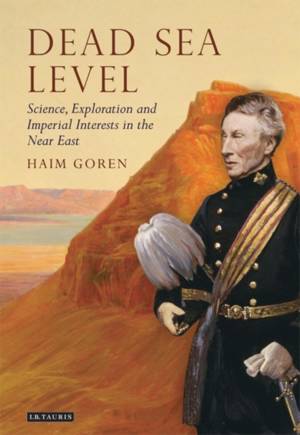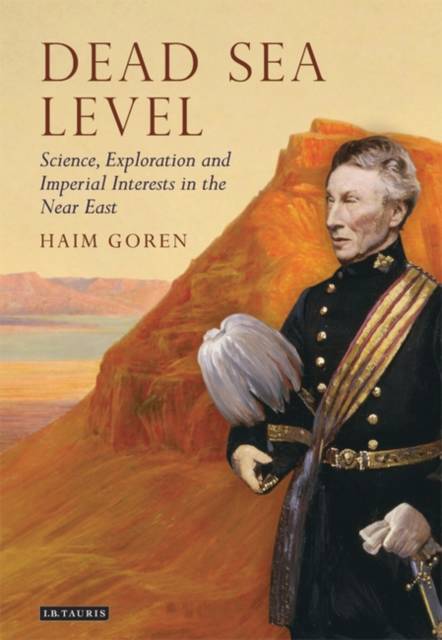
- Afhalen na 1 uur in een winkel met voorraad
- Gratis thuislevering in België vanaf € 30
- Ruim aanbod met 7 miljoen producten
- Afhalen na 1 uur in een winkel met voorraad
- Gratis thuislevering in België vanaf € 30
- Ruim aanbod met 7 miljoen producten
Zoeken
€ 296,95
+ 593 punten
Omschrijving
In the nineteenth century The Dead Sea and the Tigris-Euphrates river system had great political significance: the one as a possible gateway for a Russian invasion of Egypt, the other as a potentially faster route to India. This is the traditional explanation for the presence of the international powers in the region. This important new book questions this view. Through a study of two important projects of the time - international efforts to determine the exact level of the Dead Sea, and Chesney's Euphrates Expedition to find a quicker route to India - Professor Goren shows how other forces than the interests of empire, were involved. He reveals the important role played by private individuals and establishes a wealth of new connections between the key players; and he reveals for the first time an important Irish nexus. The resulting work adds an important new dimension to our existing understanding of this period.
Specificaties
Betrokkenen
- Auteur(s):
- Uitgeverij:
Inhoud
- Aantal bladzijden:
- 384
- Taal:
- Engels
- Reeks:
Eigenschappen
- Productcode (EAN):
- 9781848854963
- Verschijningsdatum:
- 25/02/2011
- Uitvoering:
- Hardcover
- Formaat:
- Genaaid
- Afmetingen:
- 152 mm x 234 mm
- Gewicht:
- 739 g

Alleen bij Standaard Boekhandel
+ 593 punten op je klantenkaart van Standaard Boekhandel
Beoordelingen
We publiceren alleen reviews die voldoen aan de voorwaarden voor reviews. Bekijk onze voorwaarden voor reviews.








